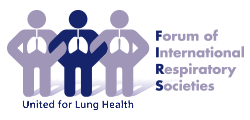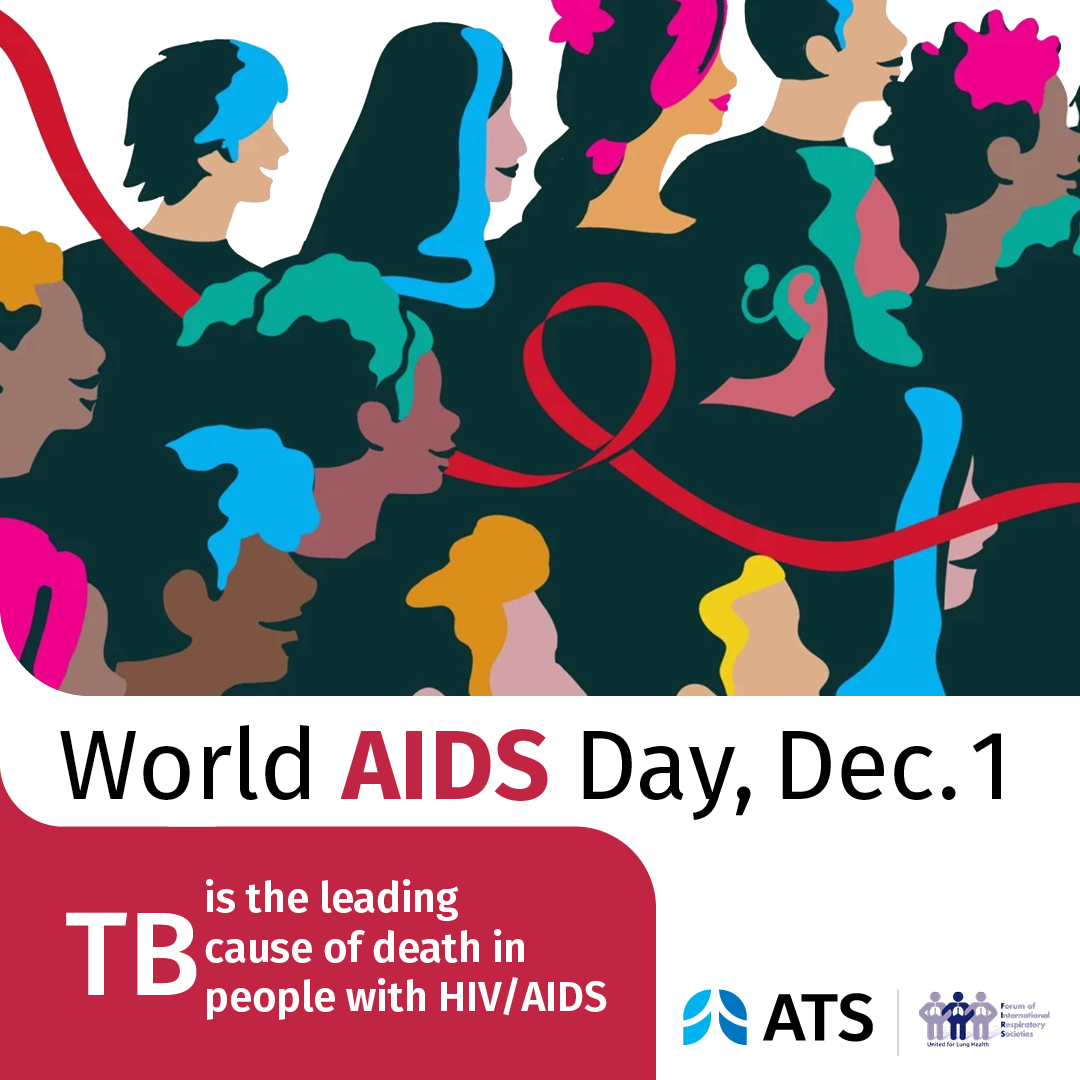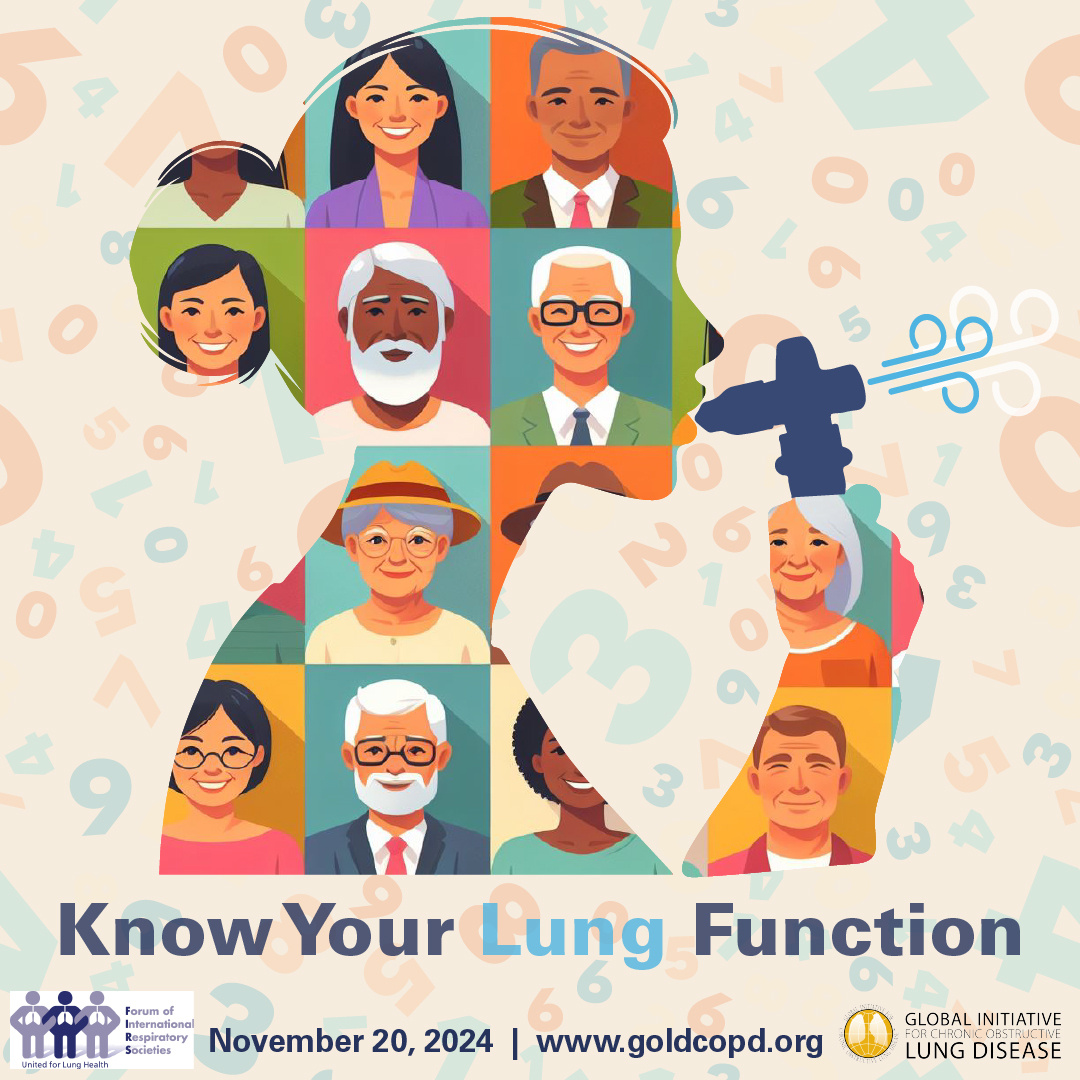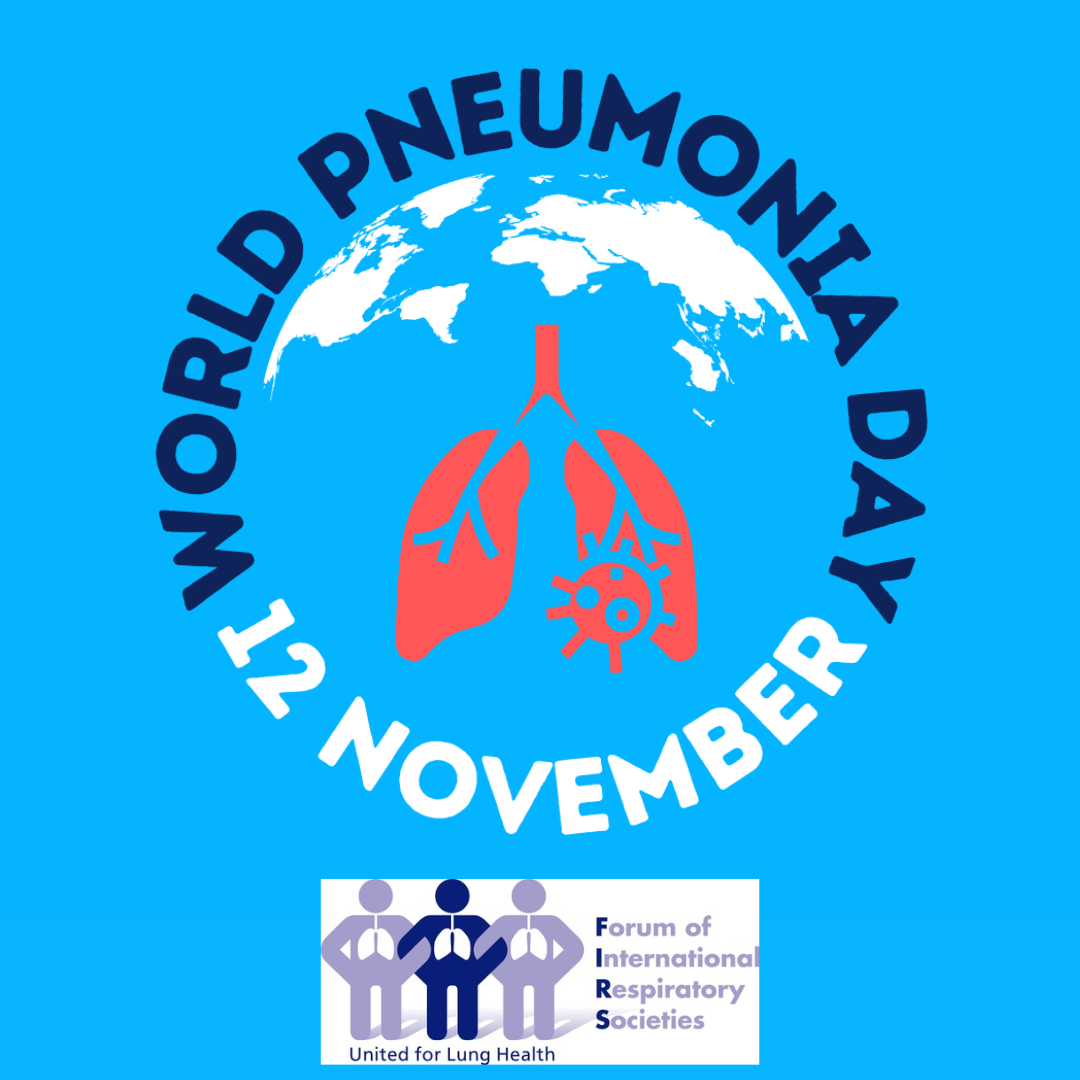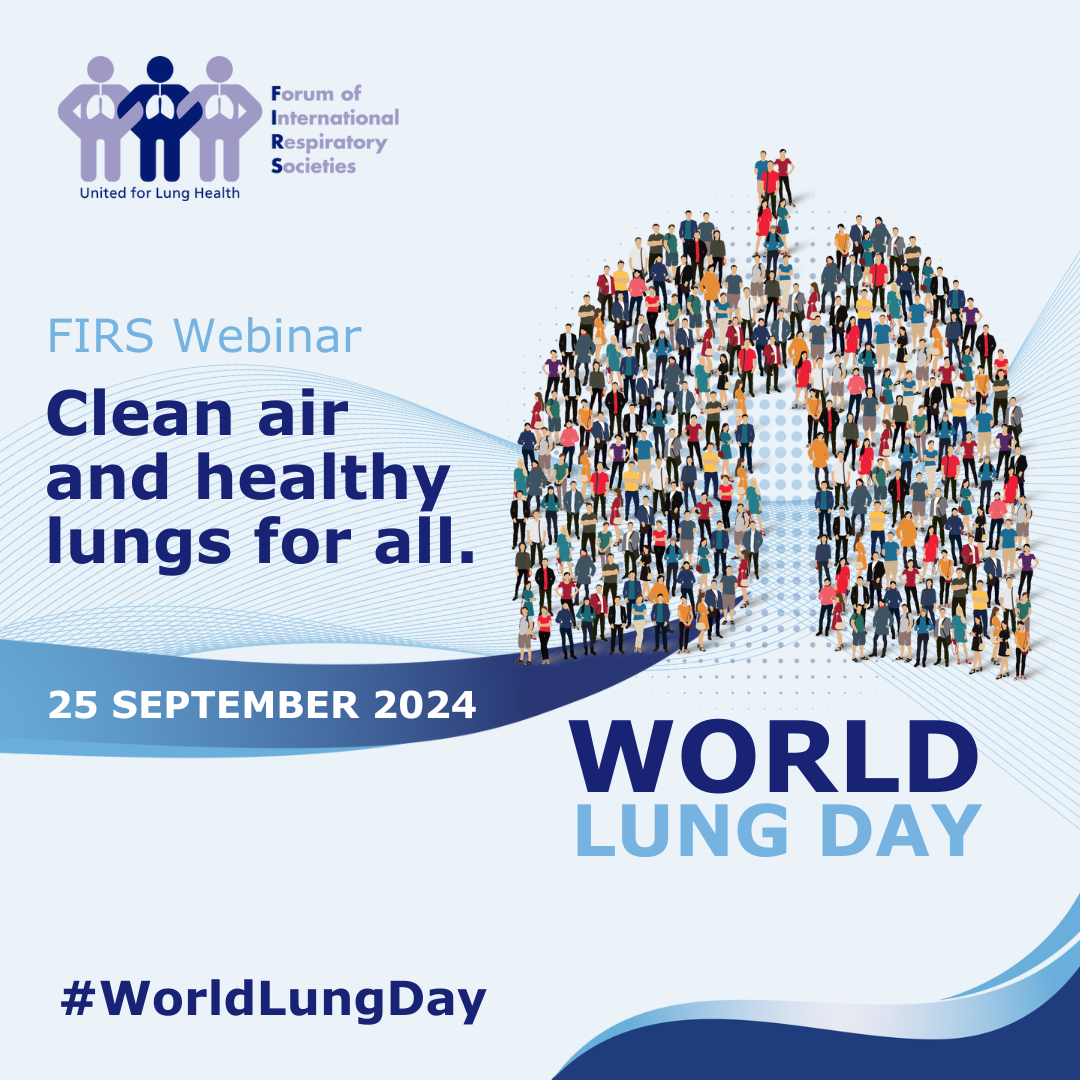On World No Tobacco Day (May 31, 2023) the Forum of International Respiratory Societies (FIRS) is encouraging policy makers to take steps to prevent young people from taking up smoking.
Despite initiatives around the world to reduce the use of tobacco products amongst young people, such as restrictions in marketing and raising the minimum age of sale to 18 years old, smoking is still prevalent amongst those aged 18 and under:
- The average age to start smoking is 16 years of age. [1]
- Across EU countries, more than one in six (18%) 15-year-olds reported having smoked cigarettes at least once in the past month in 2018. [2]
- Data from the US Department of Health suggest that 90% of smokers begin smoking before 18 years of age. [3]
- The use of electronic nicotine delivery systems has dramatically increased over the past 10 years, particularly among young people. [4]
The brains of children and adolescents are uniquely vulnerable to the effects of nicotine and nicotine addiction. The later an individual begins smoking, the less likely they are to smoke later in life. Smokers are much more likely than non-smokers to develop lung cancer, COPD and other respiratory diseases, it is therefore crucial that we prevent tobacco use in young people to protect them from lifelong addiction and its extensive adverse health effects.
To protect young people from the dangers of tobacco use, FIRS urges policy makers to adopt Tobacco 21 (T21) policies which raise the minimum age for the sale of tobacco products to 21 years.
Many countries have already begun to raise the minimum age of sale of tobacco products beyond the 18 years specified by the World Health Organization's Framework Convention on Tobacco Control (WHO FCTC):
- The USA introduced T21 law first at regional and state level across 19 states from 2003 to 2019, which then became national legislation in 2019. [5]
- Singapore phased in T21 law, first increasing the age of sale to 20 years in 2020 and then 21 years in 2021. [6]
- Sri Lanka and Kuwait have raised the age of sale of tobacco products to 21 years. [7, 8]
- In December 2021, New Zealand introduced a Smokefree 2025 Action Plan to be smoke free by 2025 by banning the sale of tobacco products to anyone born after 2009. [9]
Studies conducted in the United States suggest that T21 policies have been effective:
- In Needham, Massachusetts, a greater reduction in past 30-day smoking among adolescents was recorded compared with adolescents in surrounding areas following the implementation of T21 law [10]
- Smoking rates among 18 to 20-year-olds in US metropolitan areas showed a 1.2% reduction post introduction of T21 laws. [11]
- Survey data from Cleveland, Ohio reported a reduction in tobacco use among high-school children once T21 legislation was introduced [12]
- After implementation of T21 law in California in 2016, a purchase survey demonstrated a reduction in tobacco products sales among 15 to 16-year-olds. [13]
Modelling suggests that increasing the legal age of tobacco products to 21 years will reduce tobacco initiation, particularly in adolescents aged 15–17 years, resulting in fewer tobacco attributable deaths. [14]
It is estimated that the global yearly death toll as a result of tobacco use is currently 7 million (including exposure to second hand smoke) [15]. As countries move towards ending the use of tobacco products, FIRS urges policy makers to adopt Tobacco 21 policies and reduce the harmful impacts of tobacco products on the global population.
The Forum of International Respiratory Societies (FIRS) is an organisation comprised of the world's leading international respiratory societies working together to improve lung health globally. The goal of FIRS is to unify and enhance efforts to improve lung health through the combined work of its more than 70,000 members globally.
FIRS comprises the American College of Chest Physicians (CHEST), American Thoracic Society (ATS), the Asian Pacific Society of Respirology (APSR), Asociación Latino Americana De Tórax (ALAT), European Respiratory Society (ERS), International Union Against Tuberculosis and Lung Diseases (The Union), Pan African Thoracic Society (PATS), the Global Initiative for Asthma (GINA), and the Global Initiative for Chronic Obstructive Lung Disease (GOLD).
